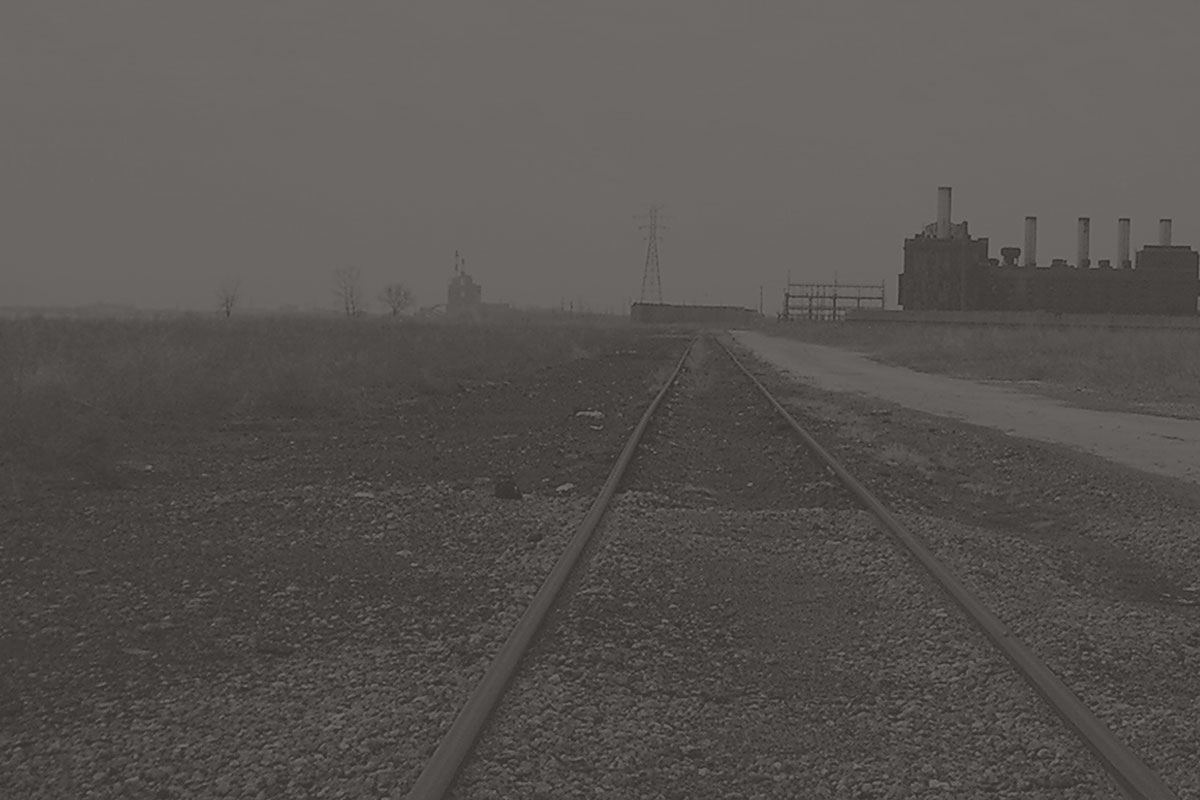The Book
Exit Zero: Family and Class in Post-Industrial Chicago
By Christine J. Walley
University of Chicago Press, Jan 2013
In 1980, Christine Walley’s world was turned upside down when the steel mill in Southeast Chicago where her father worked abruptly closed. In the ensuing years, thousands of other area residents would also lose their jobs in the mills—just one example of the vast scale of deindustrialization occurring across the United States. The disruption of this event propelled Walley into a career as a cultural anthropologist.
In Exit Zero, she brings her anthropological perspective home, examining the fate of her family and that of blue-collar America at large.
The book is the recipient of the 2014 CLR James Prize for Best Book from the Working Class Studies Association as well as 2nd Place Winner of the Victor Turner Prize for Ethnographic Writing from the Society for Humanistic Anthropology.
“How shall we understand the closest details of kinship and household within the political, economic, and environmental settings that condition them? Christine J. Walley offers arresting answers to these enduring anthropological questions. Telling the story of how the demise and collapse of the Southeast Chicago steel industry in the 1980s transformed her family’s sense of past and future, she shows us that analyzing class, gender, and race always demands that we weave between the personal and the political, that we think across the intimate, the institutional, and even the international. Exit Zero is auto-ethnography, political economy, immigration history, and urban anthropology at its best.”
—Stefan Helmreich,
Massachusetts Institute of Technology
“Exit Zero is a gem that will appeal to a variety of audiences. Christine Walley’s analysis of how community residents in Southeast Chicago—and particularly members of her family—experienced deindustrialization is sensitive and illuminating. In the last full chapter, on the environmental dimension of social class, she breaks new ground. Exit Zero is an intense account of a little-considered part of the American experience.”
—David Bensman,
Rutgers University
“If you thought deindustrialization was something that decimated a few unlucky manufacturing towns back in the 1980s, think again. Christine Walley’s poignant analytic memoir of family life and class relations after the steel mills closed shows how America is still living out the legacy of those years, decades later. Anyone who wants to understand why the gap between rich and poor keeps widening, why upward mobility has shifted from a collective to an individual project, which misbegotten policies led to this predicament, and how “the materiality of class” affects us even at the cellular level, can learn from Walley’s wise and incisive critique.”
—Kath Weston,
University of Virginia
“Chris Walley's vivid, frank and insightful “autoethnography” of her journey from an unemployed steelworker’s daughter to a tenured professor at an elite university casts a stark light on American class politics and the travails of the American working class in the last century. In telling her family’s story Walley evokes the long hours and dangerous conditions of Chicago’s steel mills in their glory days, the heedless dumping of toxic waste that made Walley a cancer victim in her twenties, and the terrible toll the mills’ closing took on middle-aged men who would never work again.”
—Hugh Gusterson,
George Mason University









